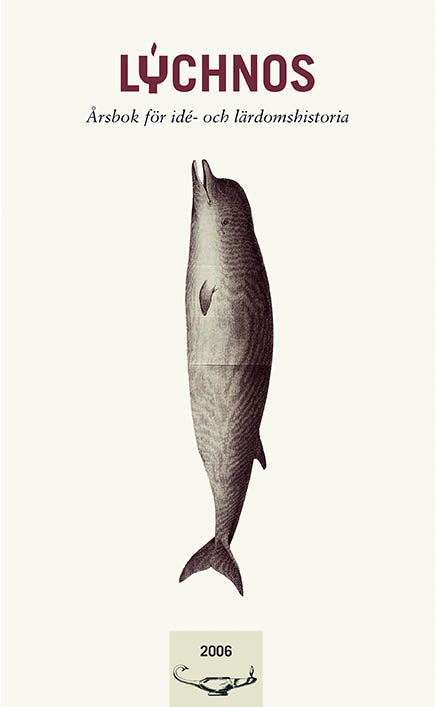Vedergällningstanken i det gamla Israel
Om forskningen kring ett tema i Gamla Testamentets texter
Abstract
The concept of retribution as a subject in exegesis is the progeny of the school of historical criticism. The first scholarly texts on the role of retribution in ancient Israel appeared in the first decade of the 20th century.
In the early part of the nineteen hundreds there was, by and large, consensus on some key issues: the concept of retribution existed in Old Israel; retribution played an important, and in post exodus time a dominant, role in the daily life of the Israelites; and Jahweh was the judge and executor of retribution.
In the middle of the nineteen-fifties the German theological scholar Klaus Koch called the traditional view of retribution executed by Jahweh into question. According to Koch the ancient Hebraic language did not differentiate between either an action and its consequences, or between intended and unintended actions. Consequently, a man's action included the consequences he had to suffer. A lively international debate ensued with many voices taking part. The majority of these oppose the opinion of Koch and conclude that retribution is a part of divine order.
For several reasons the present discussion on the concept of retribution in the OT has focused on the Wisdom literature. Retribution has been a touchstone of God's argued presence in the literature of Wisdom.
Only a few Swedish theological scholars have focused on the concept of retribution, though both the professor, and later archbishop, Nathan Söderblom and the professor, and later bishop, Einar Billing contributed to the subject already in the first decade of the 20th century. In recent times Lennart Boström has penetrated the subject in his dissertation The God of the sages. Oddly enough, the impulse resulted in Koch's calling the concept of retribution into question came from the doctoral thesis written by a virtually unknown Swedish theologian, Karl Fahlgren.
Downloads
Publicerad
Nummer
Sektion
Licens
This work is licensed under a Creative Commons Attribution 4.0 International License. The copyright for the work published in Lychnos remains with the authors.


